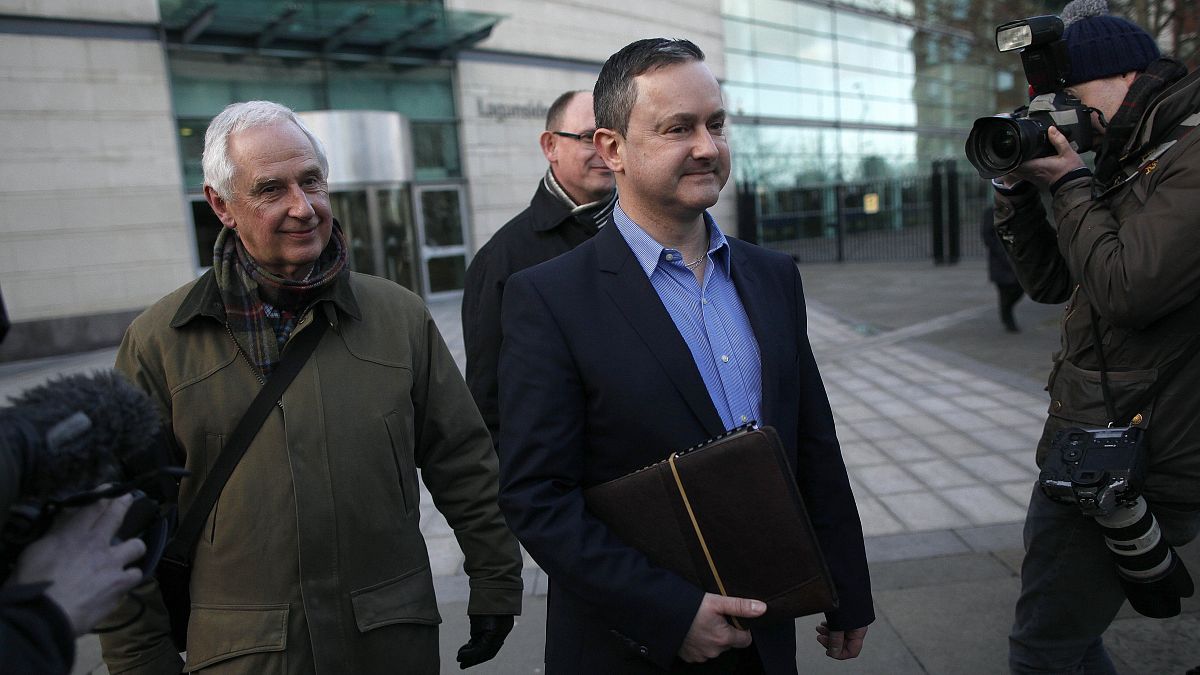The case centres on a bakery in Northern Ireland that refused to make a cake with 'Support Gay Marriage' written on it.
A case seven years in the making, but after years of deliberations back and forth, Europe’s top human rights court has tossed the so-called "gay cake" case in the bin.
In a ruling, the European Court of Human Rights (ECHR) in Strasbourg said the case which the Northern Irish gay-rights activist, Gareth Lee, brought against the UK was "inadmissible" because at no point in the domestic proceedings had he invoked his rights under the European convention on human rights. It said that he was relying solely on domestic law.
"The supreme court found on the facts of the case that the applicant was not treated differently on account of his real or perceived sexual orientation, but rather that the refusal to supply the cake was because of the defendants’ religious objection to gay marriage.
“What was principally at issue, therefore, was not the effect on the applicant’s private life or his freedom to hold or express his opinions or beliefs, but rather whether Ashers bakery was required to produce a cake expressing the applicant’s political support for gay marriage.”
The ruling, which overturns £500 in damages, also said that Lee was "not treated differently [on] account of his sexual orientation, but due to the defendants’ religious objection to gay marriage".
Speaking on his behalf, Ciaran Moynagh, head of equality and discrimination law at Phoenix Law, said the court's ruling leaves a cloud of uncertainty over the issue.
"Mr Lee has put a lot of effort, sweat, and tears into this case and I think closure in one sense, is good, but nonetheless, he's disappointed," Moynagh told Euronews. "These types of cases may not end because the European court was not grappling with the issues and has not provided clarity, and therefore that uncertainty in the high street in Northern Ireland remains. And it is likely other cases may come about to deal with this issue."
Back in 2014, when same-sex marriage was still illegal in Northern Ireland, Lee went to Christian-run Ashers bakery in Belfast to order a cake with the slogan "Support Gay Marriage", featuring Sesame Street characters Bert and Ernie.
Although the bakery accepted his order and money initially, they declined it a few days later.
Lee then launched a legal case in Northern Ireland against the bakery and its owners - the McArthurs - for sexual orientation discrimination, which he won.
The McArthurs appealed the decision saying they did not discriminate against Lee, with the case eventually ending up in the UK Supreme Court in 2018.
Finally, the Supreme Court said that Lee was not discriminated against, leading him to take the case up with the ECHR.
Tobias Lock, an expert in EU law and fundamental rights from the Centre for European and Eurasian Studies, said that the case is not a simple one.
"Most cases that the ECHR hears are cases where you have a violation by a state of somebody's human rights. But in this case, you've actually got two private parties battling out a conflict that is about freedom of religion... about freedom of expression," Lock told Euronews.
The ruling comes as a blow to the LGBT community who fought for years for marriage equality in Northern Ireland, a right only granted in January 2020.
Aisling Tomey, an advocacy officer at the Rainbow Project, says the ruling does nothing to help fight discrimination.
"The Rainbow Project affirms our fundamental belief in freedom of religion for all people, however, this freedom cannot be extrapolated into privately owned business and used as a justification for discrimination," Tomey said. "Fundamental human rights exist for people, not for for-profit businesses."
But UK-based organisation the Christian Institute welcomed the news, saying it was good news for free speech and Christians alike.
